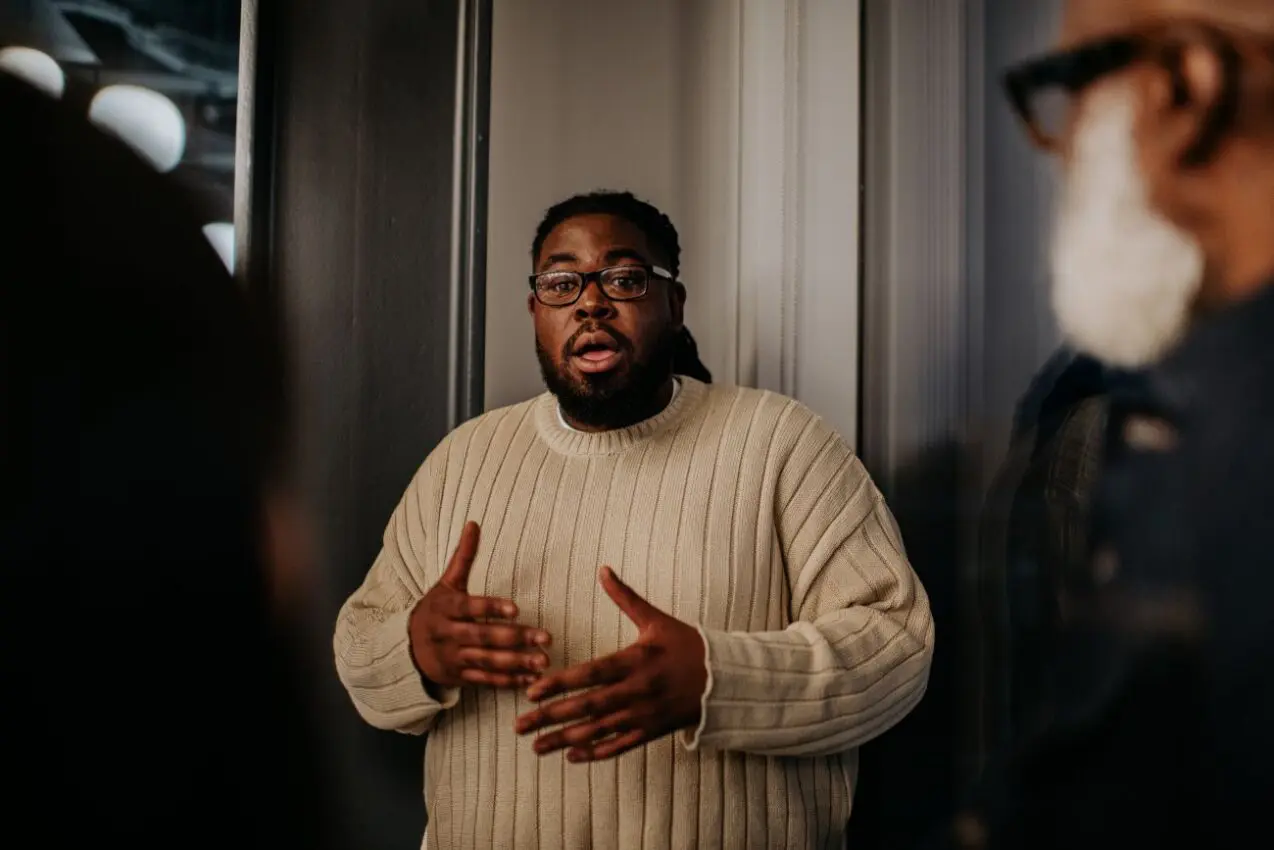How to say no - gracefully declining requests is a vital talent, though frequently elusive. In our unrelenting modern existence, where prospects appear limitless, judiciously prioritizing and demurring commitments misaligned with our deepest values or well-being becomes paramount. This guide illuminates the virtues of respectfully rebuffing, imparts pragmatic tactics for doing so adroitly, and shares sensible insights on overcoming trepidations of disappointing others or forsaking opportunities.
The inability to utter that small yet potent word can pave the path to depletion, acrimony, and an unsatisfying life. By continually overextending, one risks becoming dangerously overstretched, sacrificing mental and physical health, treasured bonds, and personal aspirations. As the eminent psychologist Dr. Susan Krauss Whitbourne asserts, "Learning how to say no can be an act of self-nurturing and self-respect, empowering us to honor our needs and ideals." Learning to refuse invitations or petitions that ill-serve our best interests clears space for endeavors and connections that truly enrich our existence.
A prime obstacle to refusal often stems from the dread of letting others down or being branded selfish or ungrateful. Yet sages underscore that upholding boundaries is a legitimate and necessary practice. "When you say no, you rebuff not the person but prioritize your own needs and responsibilities," elucidates Dr. Patricia Thornton, a revered life coach and author. Judicious refusal can, in fact, cultivate deeper rapport, allowing individuals to show up fully and authentically in the commitments they do embrace.
To nurture this capacity, experts advise commencing with self-awareness. Identify your core values, priorities, and aspirations, and utilize these as a lodestar when evaluating requests or opportunities. Author Leslie Jamison shares her experience maintaining a "Notebook of Noes," where she chronicled the opportunities declined and the activities or relationships thereby prioritized. This practice aided her in recognizing refusal's value and embracing its liberating potential.
Another way to say no is to pause before responding. Instead of hastily acquiescing or demurring, experts counsel buying time by stating, "Allow me to consider it." This simple rejoinder permits reflection and deliberation rather than impulsive decisions fueled by guilt or fear of rejection. During this respite, individuals can assess whether the request aligns with their values, priorities, and current commitments, enabling an informed decision.
Experts recommend turning down an invitation or petition with kindness, candor, and concision. A forthright response like "Thank you for the opportunity, but I must decline" often suffices. Lengthy justifications or excessive apologies can dilute the message's impact and open the door for further negotiation or guilt-induction. Avoiding fabricated excuses or false promises is also advisable, as these can breed misunderstandings and resentment.
In some cases, refusal may necessitate navigating delicate relationships or professional situations. Here, experts counsel a diplomatic approach emphasizing the positive aspects. For example, when declining a work project, one could express gratitude for the opportunity while underscoring the need to maintain a manageable workload to ensure optimal output. This tactic acknowledges the request's value while respectfully asserting personal boundaries.
Crucially, refusal is not a one-time event but an ongoing practice. As novel opportunities and demands arise, individuals must remain steadfast in upholding boundaries and prioritizing their wellbeing. Dr. Whitbourne underscores, "Saying no is not weakness or selfishness; it's strength and self-awareness."
While challenging, refusal's benefits are manifold. Learning to decline misaligned commitments cultivates control, mitigates stress and overwhelm, and clears space for truly nourishing activities and relationships. As Jamison eloquently articulates, "The flip side of saying no is saying yes more fully – because I'm not living life spread too thinly."
Refusal can also engender heightened productivity and focus. Unburdened by excessive tasks, individuals can channel energy toward accepted commitments, yielding higher-quality output and a greater sense of achievement. This concentrated approach benefits the individual and colleagues, clients, or loved ones who rely on their contributions.
Moreover, the ability to refuse can foster self-respect and personal growth. Honoring boundaries and values builds decisional confidence and a stronger sense of identity. This self-assurance can then permeate other life domains, empowering authentic goal-pursuit and living. As refusal becomes easier, communicating needs and asserting oneself in various contexts may also engender healthier relationships and a deeper sense of agency.
Refusal can prove particularly arduous for those prone to people-pleasing or seeking external validation. Experts advise examining the underlying beliefs or insecurities fueling the desire to accommodate others constantly. Counseling or support groups offer a secure environment to explore these patterns and develop self-prioritization strategies without guilt or shame.
Ultimately, learning how to say no is a journey of self-discovery and empowerment. It demands courage, self-awareness, and a willingness to prioritize wellbeing over societal expectations or fear of disappointing others. As Jamison's Notebook of Noes illustrates, refusal can unlock new possibilities, allowing individuals to embrace the freedom and fulfillment of living aligned with their deepest values and aspirations.
While initially discomfiting, with practice and self-compassion, refusal can become a powerful tool for forging a more balanced and fulfilling existence. Setting clear boundaries and prioritizing resonant commitments cultivates purpose, alleviates stress, and nurtures relationships and pursuits, bringing joy and fulfillment.



 How to say No
How to say No